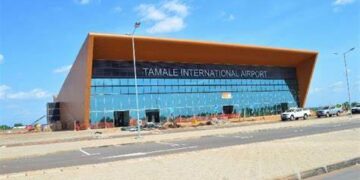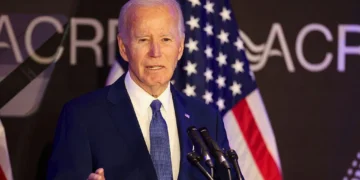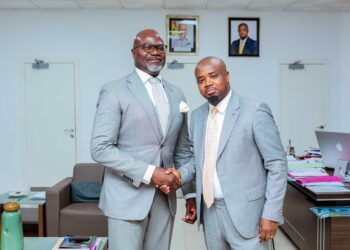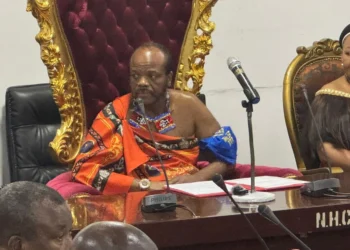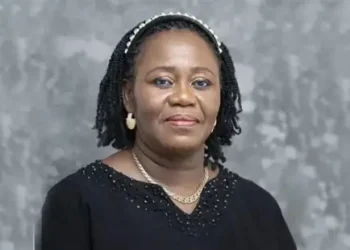Parliament has approved the Public Holidays and Commemorative Days (Amendment) Bill, 2025, introducing significant changes to Ghana’s holiday calendar, including a new arrangement that allows midweek public holidays to be observed on Fridays or Mondays.
The bill was presented by Interior Minister Mohammed Muntaka Mubarak, was passed on Wednesday, June 25, 2025.
With the new law, public holidays that fall on Tuesdays, Wednesdays, or Thursdays will be shifted to either the preceding Friday or the following Monday.
According to government, this adjustment will create longer weekends, improve productivity, and allow businesses and institutions to better plan their operations.
The change has been widely welcomed by many workers and private sector groups, who say it will reduce fragmented work weeks and improve business planning.
Beyond the midweek holiday shift, the bill introduces several other significant amendments to Ghana’s holiday calendar.
Key among them is the reinstatement of July 1 as Republic Day, recognising Ghana’s transition to a republic in 1960.
The day had been removed from the statutory holiday list in previous amendments, but its return reflects the government’s view of its historical significance.
The bill also restores September 21 as Founder’s Day to exclusively honour Dr. Kwame Nkrumah, Ghana’s first president and a central figure in the fight for independence.
This repeals the controversial August 4 Founders’ Day, which had recognised the collective efforts of various independence leaders.
“The purpose of the proposed amendment to the Public Holidays and Commemorative Days Act, 2001 (Act 601) seeks to empower the President to, by Executive Instrument, declare the Monday immediately after a Saturday or a Sunday, or the Friday immediately following a Tuesday, a Wednesday or a Thursday to be observed as a public holiday where the holiday falls on a Tuesday, a Wednesday or a Thursday other than a religious holiday,” Minister Mubarak explained.
Though Ghanaians have welcomed the amendment, public, the Minority in Parliament opposed the process, accusing the government of rushing the bill and neglecting more pressing national concerns such as economic hardship and unemployment.
First Deputy Speaker Bernard Ahiafor, presiding over the proceedings, declared the bill duly read for the third time and passed.

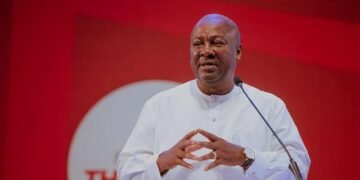





![2025 BET Awards: Ayra Starr wins best International Act [FULL LIST]](https://theoverseeronline.com/wp-content/uploads/2025/06/Ayra-Starr-360x180.jpg)









